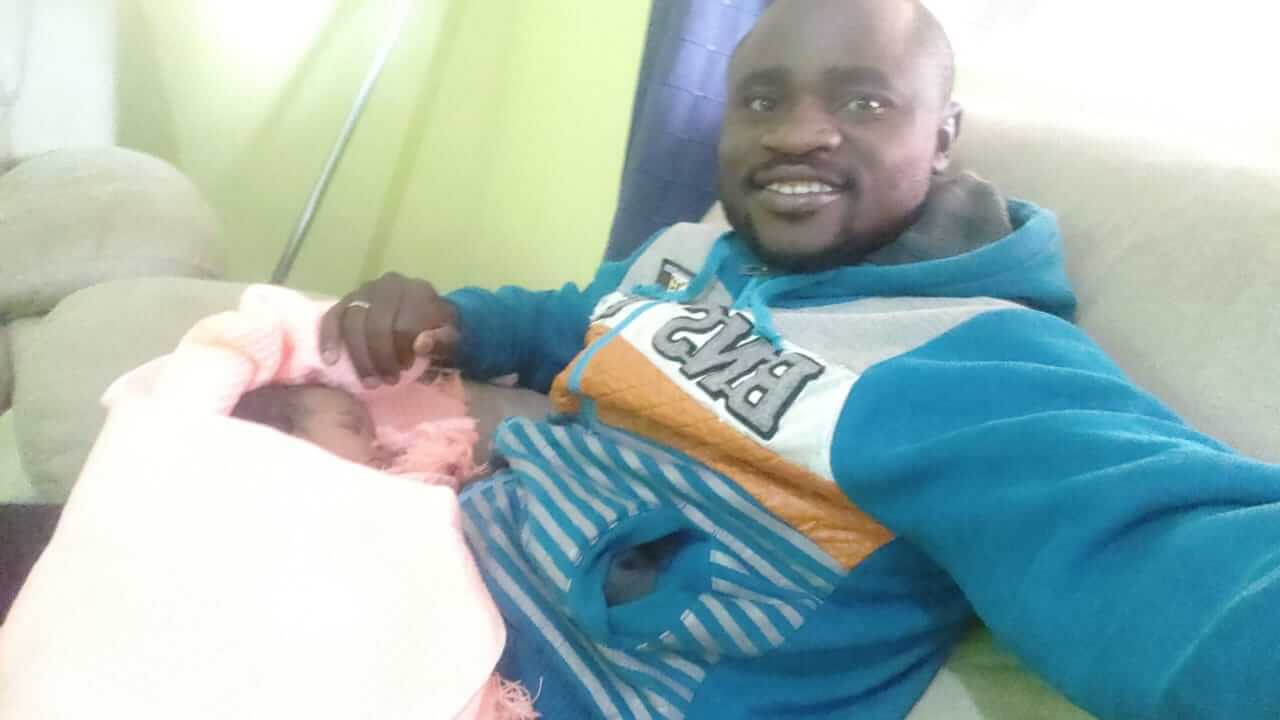
An Update to the Story
In 2017, I wrote a story about an orphan who was displaced five times within a five-year period. It’s time to give an update to the story.

In 2017, I wrote a story about an orphan who was displaced five times within a five-year period. It’s time to give an update to the story.
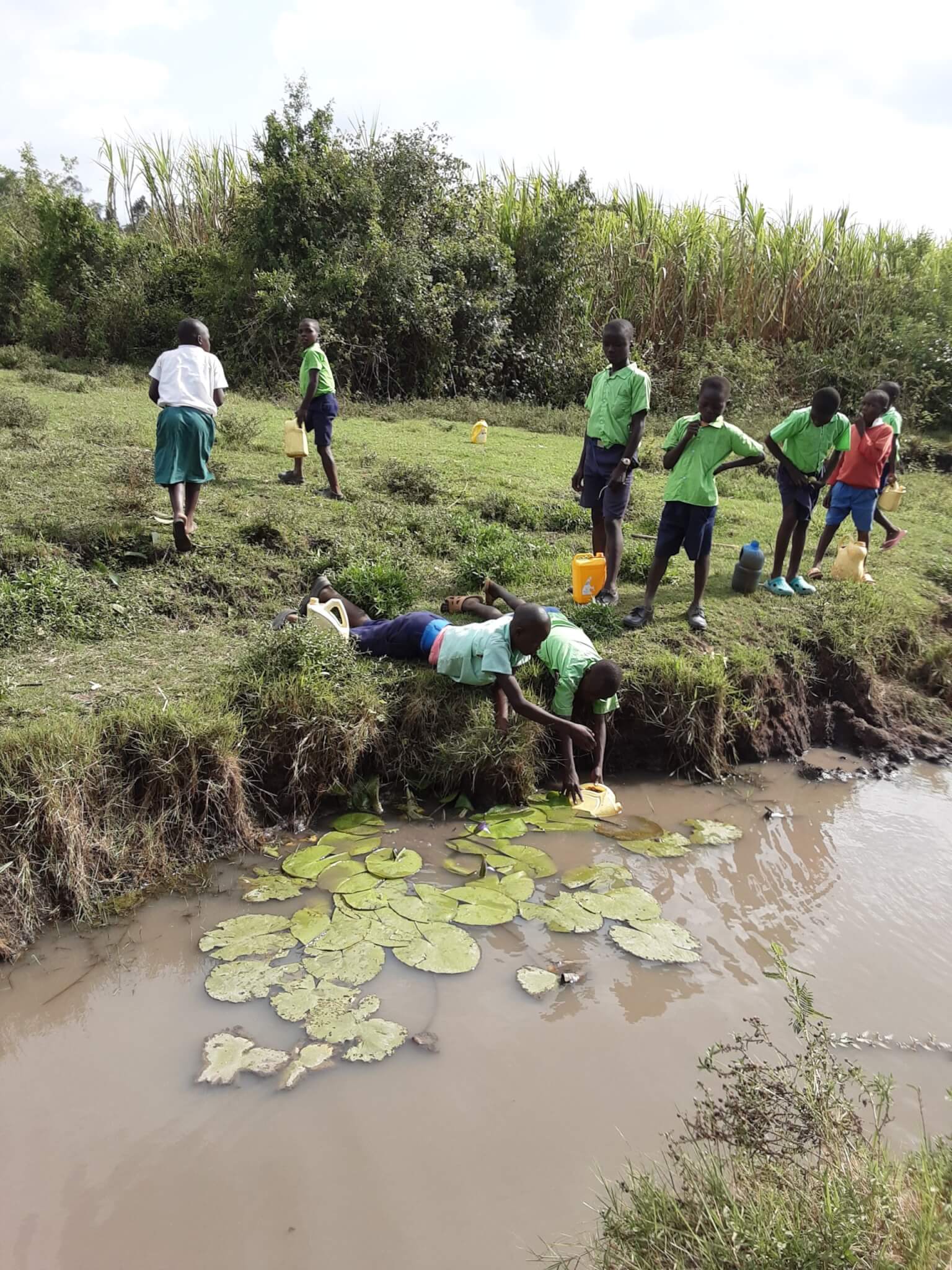
Access to clean water continues to be an issue for students we are supporting in Kenya. EC has begun exploring ways to bring potable water to children in western Kenya.
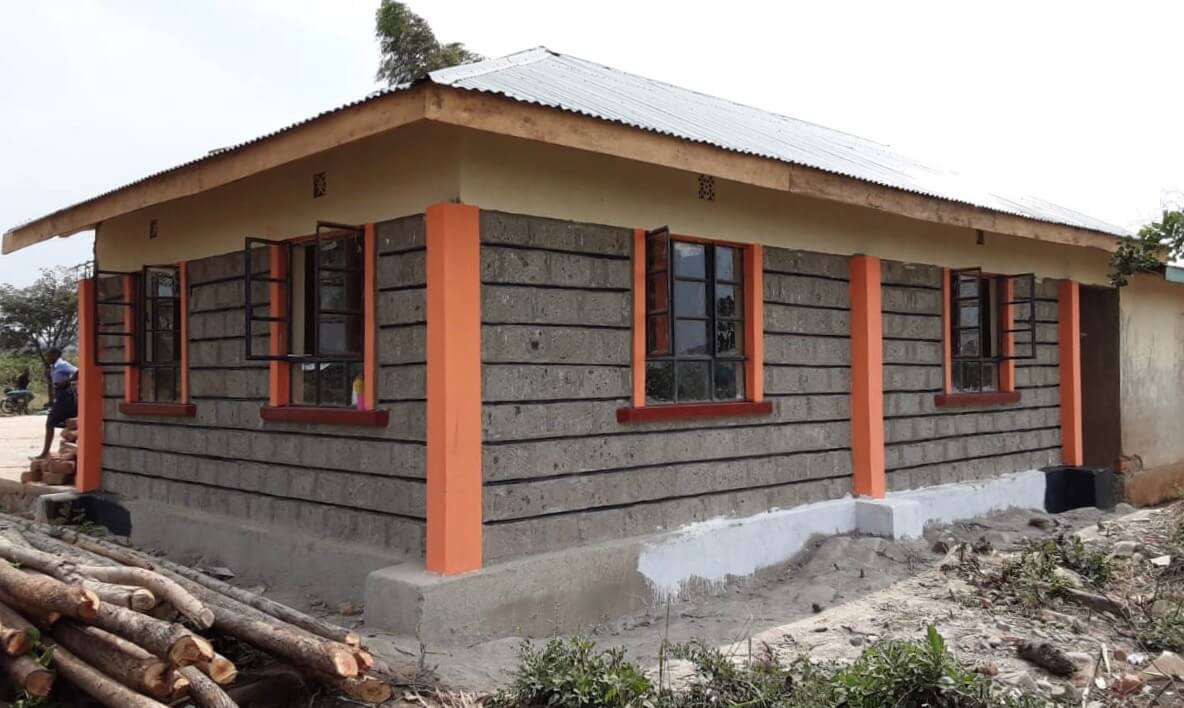
When More is More: after two years of waiting, we are excited to announce that there is a new classroom at Miruya Primary School!
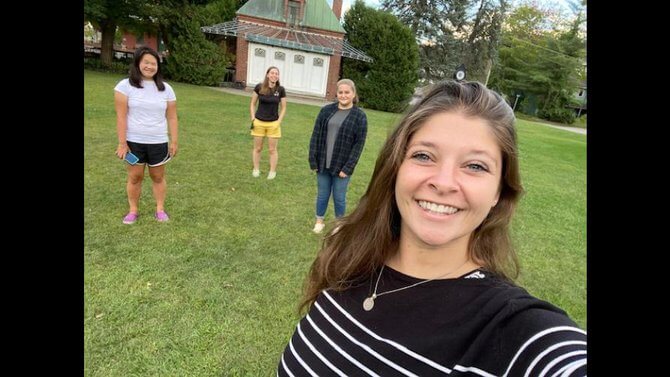
Three VT students are helping Kenyan orphans by raising funds to pay their school fees. That is some really good news for students in Kenya!
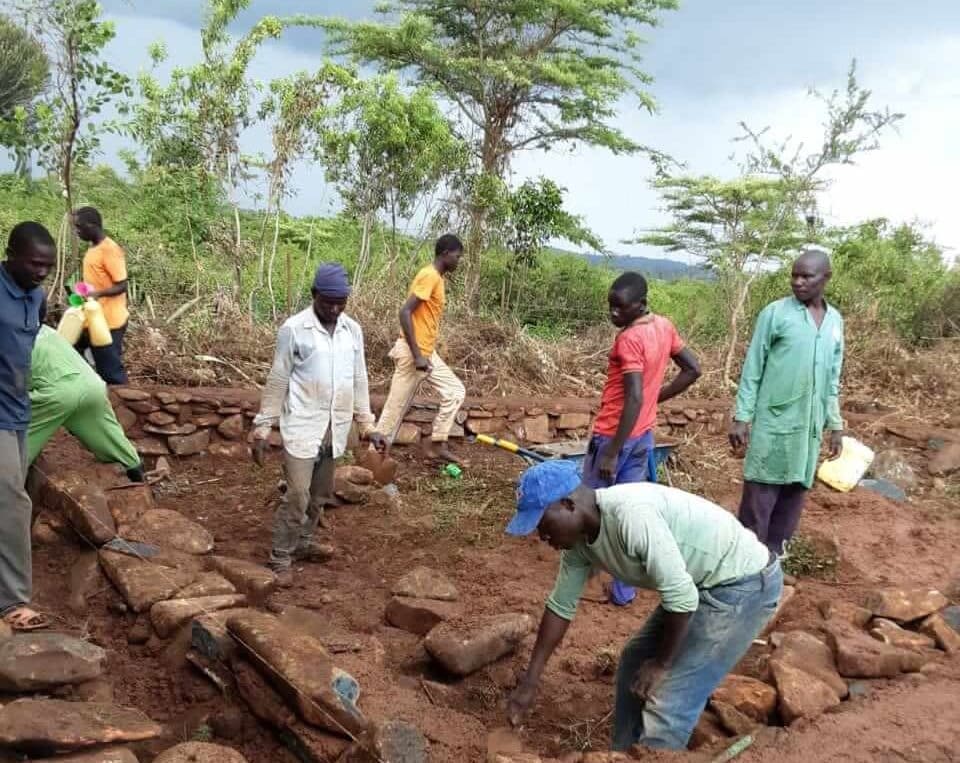
Kenyan schools are due to reopen this January. A fresh start is in store for students all over the country, and especially for those returning to the Miruya Primary School in western Kenya.

EC-supported students in western Kenya have been given an opportunity to study online every day and connect with students in the USA.
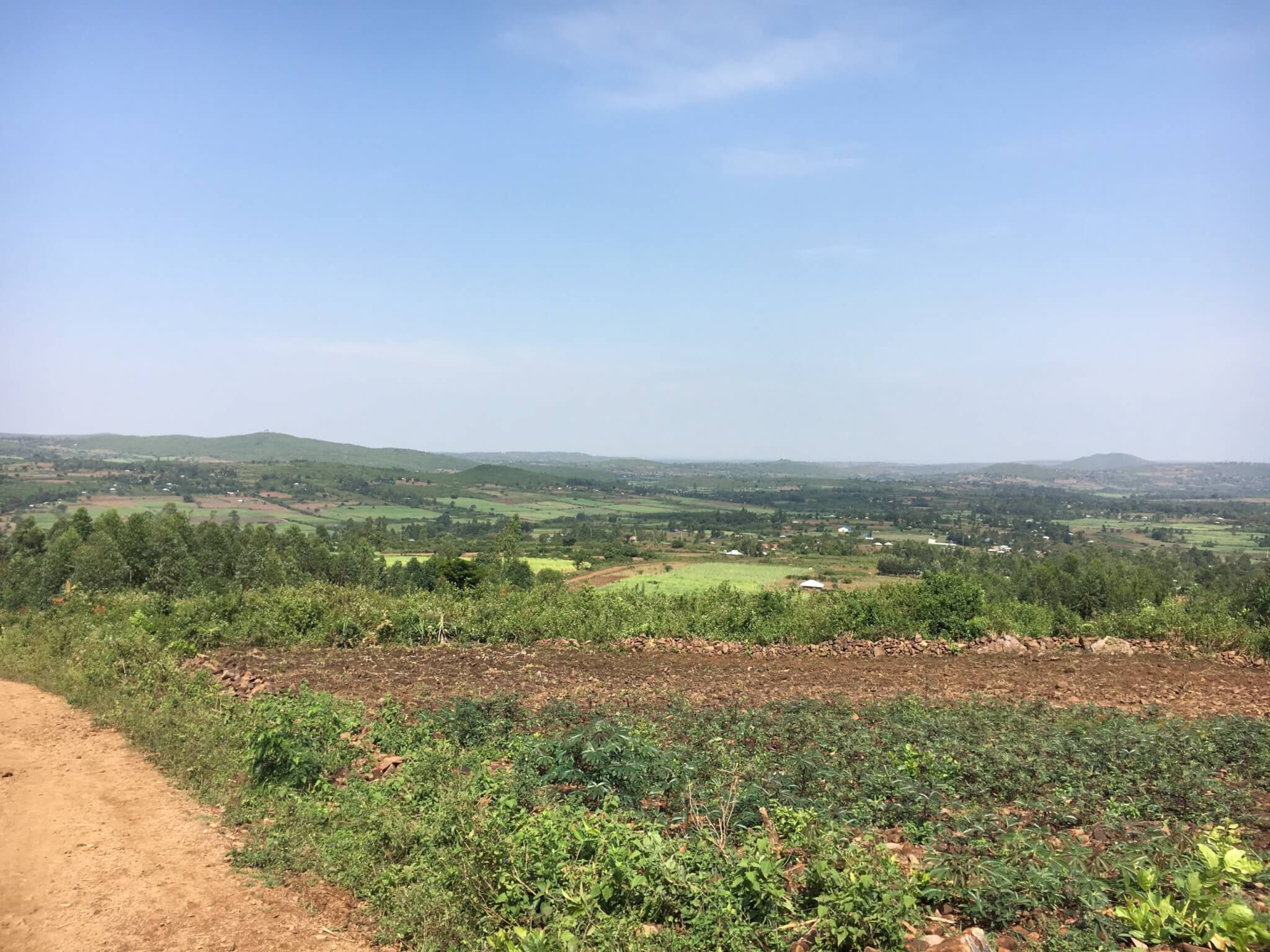
Anyone with a heart for protecting children knows that securing the perimeter of a school is important when it comes to student safety. Everyone’s Child is helping to make that happen at the Miruya Primary School in western Kenya.
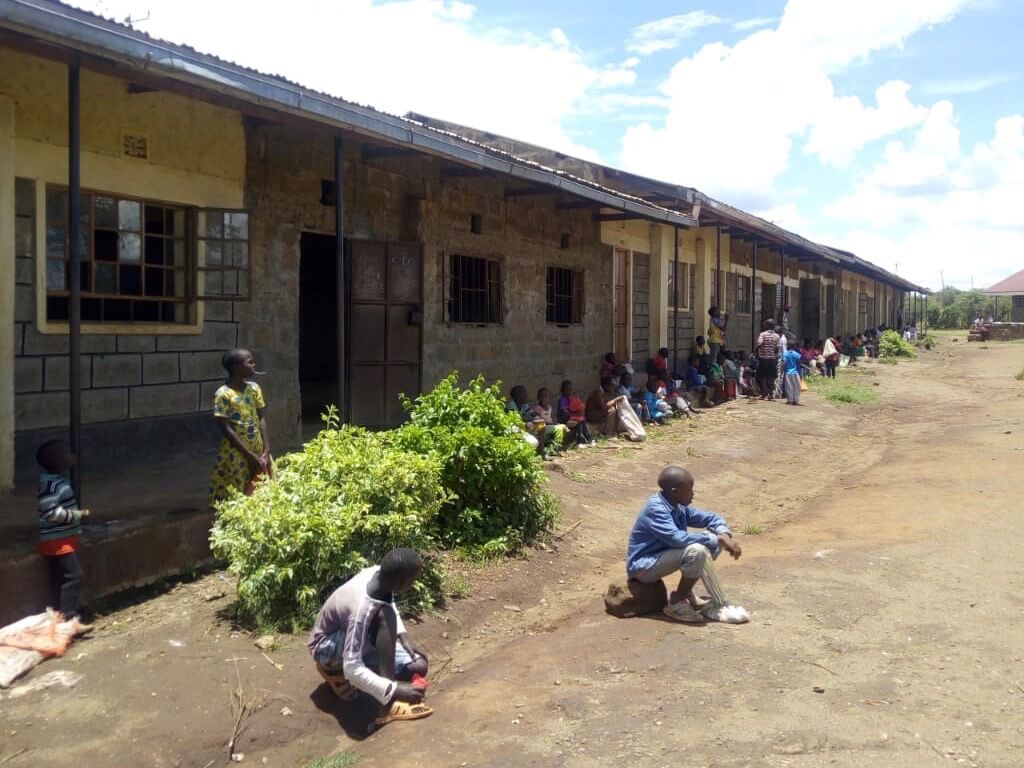
Students across Kenya recently learned that there will be no school until January 2021. This news deals a devastating blow to children and families who are trying to navigate life under COVID-19 lockdown.
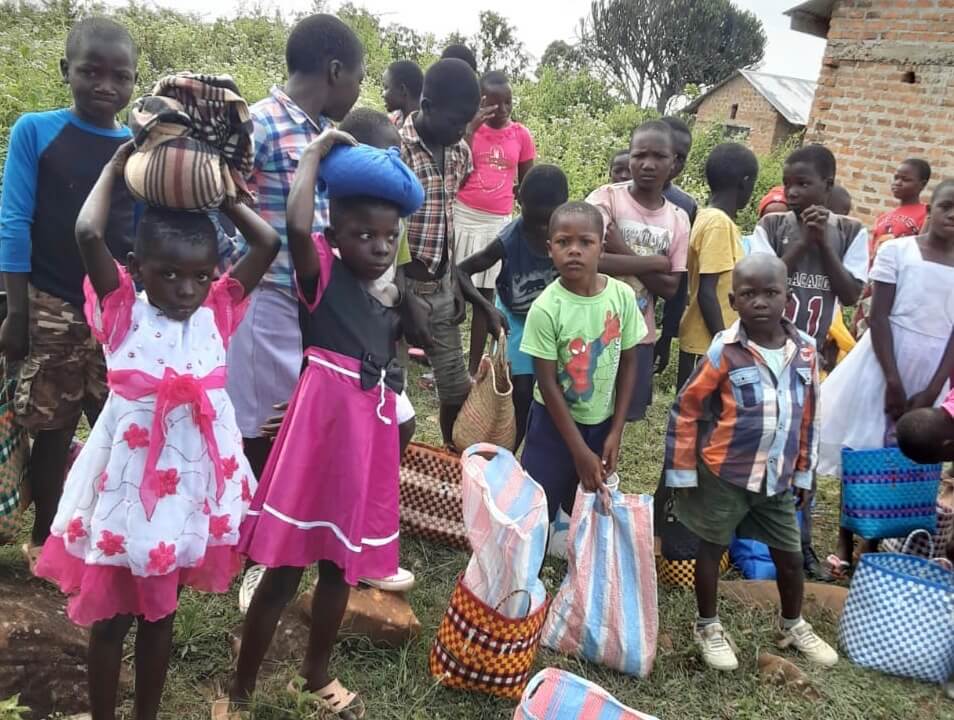
Last month, in the midst of a worldwide pandemic and a global cry for justice, students sponsored by Everyone’s Child were also facing a challenging time.
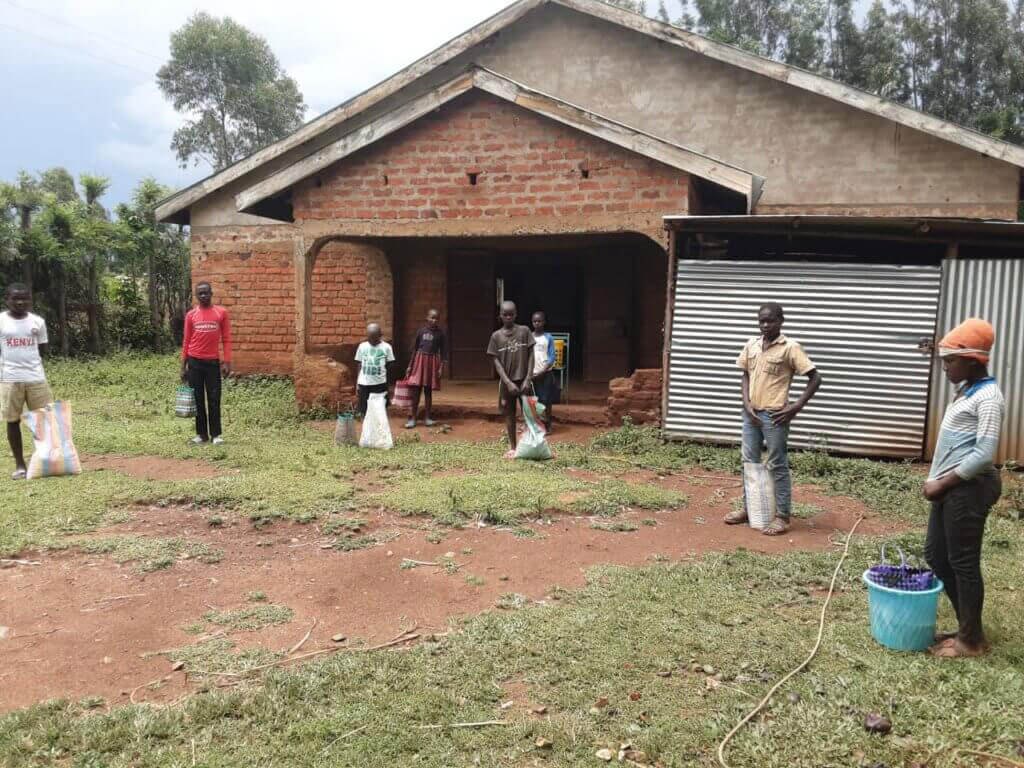
I received an encouraging message about food distribution in Kenya that I am sharing here.
Everyone’s Child educates, connects, and cares for orphaned and vulnerable students in Kenya and India.
[wpbsearch]